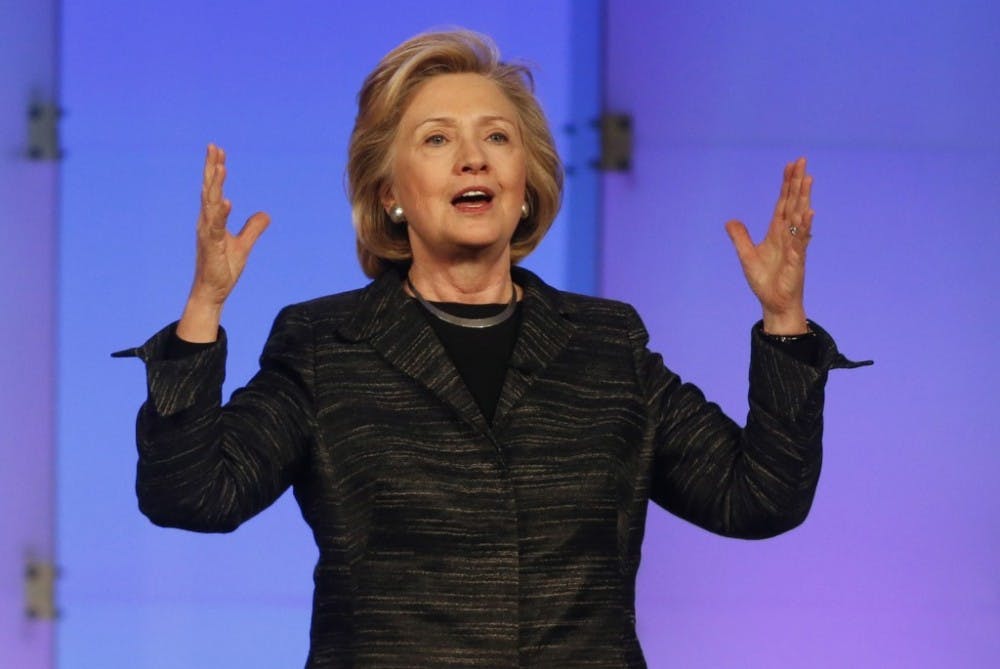Hillary Clinton has a bigger problem than cleaning out her email inbox. Clinton is under investigation for using a private email account when conducting official state business and not immediately handing over records to the government.
In 2014, more than a year after she stepped down from her position of secretary of state, Clinton turned over 55,000 pages of emails from her personal account that the department didn’t have previously.
What’s wrong with Hillary’s emails?
There are month-long gaps in the email records Clinton submitted, and those gaps have raised concerns. In October 2011, a photo of her on a C-17 going to Libya went viral. In the iconic photo, she has her cell phone in her hand, but there are no emails on record from that trip.
Can’t government officials have private email accounts?
It is not uncommon for senior officials to use private email accounts in addition to an official government email. This practice is acceptable under Obama Administration policy and the Federal Records Act if officials forward federal emails that are federal records to their federal accounts.
Instead of using a government email or even an email host such as Google or Yahoo, Clinton used a self-hosted email system — personal email hdr22@clintonemail.com and private domain “clintonemail.com.”
An early March 2015 investigation by New York Times reporter Michael S. Schmidt found that, during her time as secretary of state, Clinton exclusively used her personal email account and did not even set up an official government email.
As a result, records of her work-related email correspondence weren’t appropriately archived while she was there. Instead, they were turned over just last year.
What’s the legality behind all of this?
Technically, all emails and correspondences which involve public and governmental affairs are considered federal records.
So, any of Clinton’s emails that contained federal record-worthy content, whether it was one sentence or five paragraphs, needed to be archived.
According to 44 U.S. Code Chapter 33, “records” includes all books, papers, maps, photographs and other documentary materials made or received by an agency of the U.S. government or in connection with the transaction of public business as evidence of the organization, functions, policies, decisions, procedures, operations, or other activities of the government.
What’s the latest?
Republicans in Congress have begun an investigation into Clinton’s use of private email. They are focusing on whether she appropriately turned over all sent or received emails about government business to the State Department.


